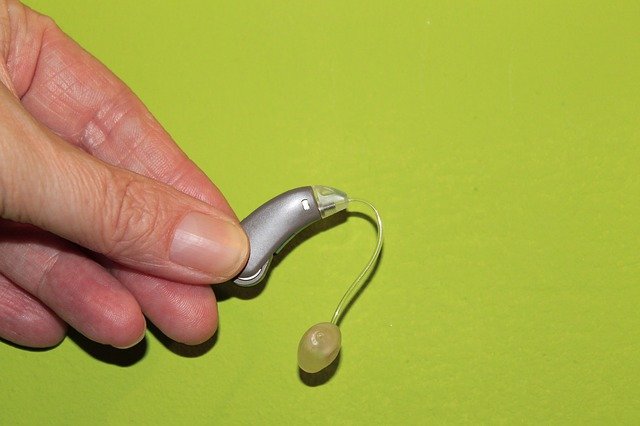While it may seem like the US Government is determined to deny everyone social security disability, the number of claimants has in fact risen over the last few years. That makes the Government’s position tenuous as they have to ensure that there is a balance between paying out for people that need it, and the money that is coming in. In turn, this can have a big effect on the life of the average American if they find themselves unable to work. To find out more read the post below.
Unfortunately, we cannot always predict what will happen to our health. That is why the Social Security Disability (SSD) system is in place because it allows those us that genuinely cannot work because of a physical or mental condition some financial assistance. This, in turn, allows us to pay for the necessities of life such as rent, utilities, and food. Something that ensures we do not end up on the breadline just because of ill health.
Applying for SSD
However, as you can see from the title of the piece, just because you apply for SSD doesn’t mean you will get it. In fact, the odds are currently weighted against you, with almost three-quarters of applicants not being granted SSD.
That means if you are applying you must ensure that your forms and evidence are of top quality. To help you with this you need to consult what is known as the Blue Book, or to give it it’s proper name The Social Security Administration’s Impairment Listing Manual. This document covers the mental and physical conditions such as hearing loss and cystic fibrosis that are acceptable as a reason for applying for SSD.
It can also be incredibly useful to employ the services of professionals like David Chermol that specialize in the legality of social security applications and appeals. This is because they will know the system and judges well, something that can increase the chances of a positive result in your case. Also, they are likely to be up to date on the most recent changes in the system, and this could give your application the edge of the thousands of other are received daily.
What to do if your application is denied
Even with the best help and most careful attention to detail, there is no guarantee that your SSD application will be granted the first time.

The legality of SSD appeals can be tricky. Picture here
Luckily, there is something that you can do in this case, and that is to make a formal appeal. To do this, it is always better to go with a professional that understands the strengths and weakness of your particular disability and need for SSD, rather than take on the case yourself.
It can even be useful to use the same company that helped you with your initial application, as they are up to speed on your case. Something that puts them in a prime position to help you move it forward through this next step, and secure you the financial allowance that you deserve.


